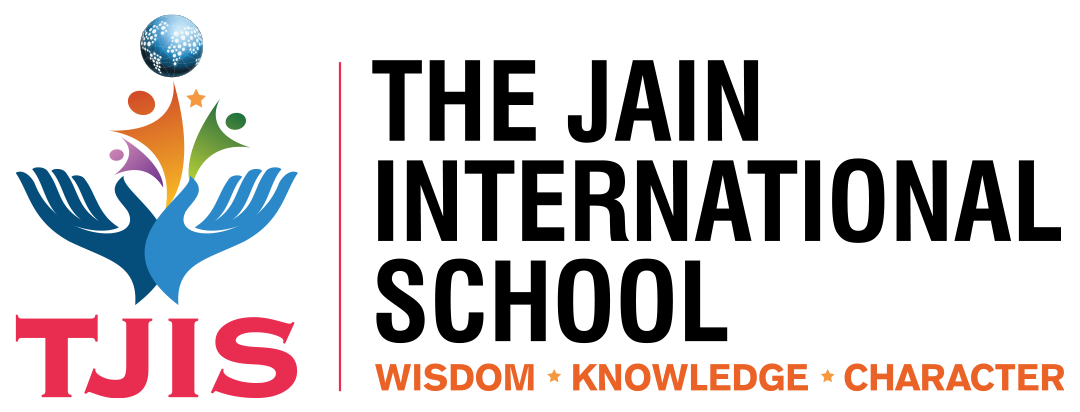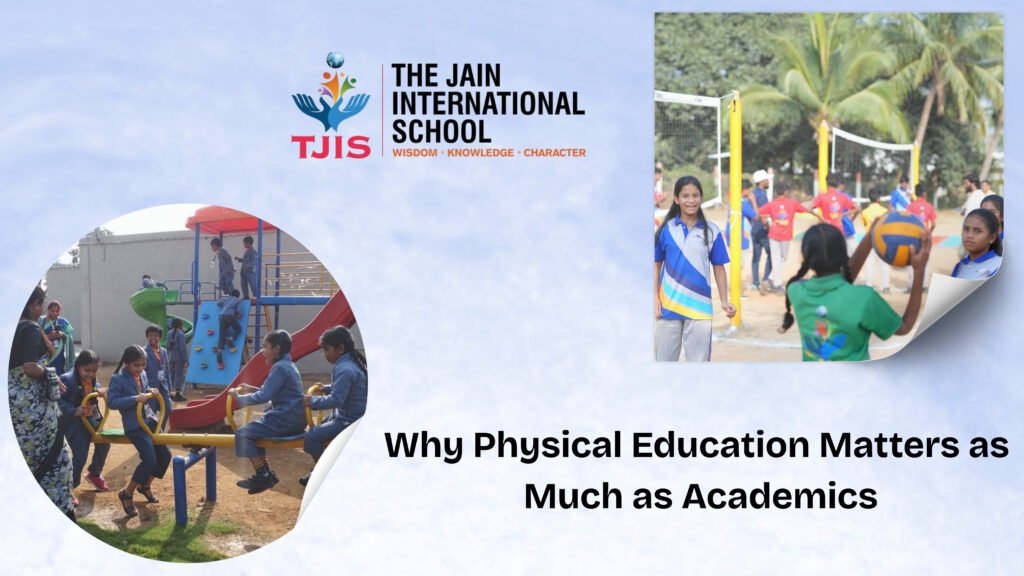Why Physical Education is as Important as Academics
In today’s fast-paced academic world, education often revolves around books, exams, and grades. However, a truly holistic education is incomplete without physical education (PE). Far from being just “playtime,” PE plays a crucial role in a child’s physical, mental, and emotional development. In fact, it is just as important as academics when it comes to shaping well-rounded individuals.
1. Builds a Healthy Body and Lifestyle
Regular physical activities like running, yoga, and sports improve cardiovascular health, strengthen muscles, and boost overall immunity. Children who engage in PE are less prone to obesity and lifestyle-related diseases. This healthy foundation ensures better energy levels, which positively impact classroom performance too.
2. Enhances Focus and Academic Performance
Studies show that physical activity increases blood flow to the brain, improving memory, concentration, and problem-solving skills. A short PE session can refresh the mind, making students more alert and active in academic learning.
3. Develops Social and Teamwork Skills
Sports and group activities teach children how to work in teams, communicate effectively, and handle victories and failures gracefully. These life skills are essential beyond the classroom and help nurture leadership qualities.
4. Boosts Mental Well-being
With increasing academic pressure, anxiety and stress are becoming common among students. PE acts as a natural stress reliever by releasing endorphins, often called the “happy hormones.” It also builds self-confidence and helps children manage emotions better.
5. Teaches Discipline and Time Management
Just like academics, physical training requires discipline, consistency, and time management. Children learn to follow schedules, respect rules, and set personal goals—skills that contribute to academic success as well.
6. Encourages Lifelong Healthy Habits
Introducing physical activities early in life builds habits that continue into adulthood. Students who value fitness are more likely to maintain a balanced lifestyle in the future, preventing health issues and improving overall quality of life.
Physical education and academics are two sides of the same coin. While academics nurture intellectual growth, PE nurtures physical and emotional well-being. Schools must treat PE as an integral part of the curriculum to raise healthy, confident, and well-rounded individuals who excel both inside and outside the classroom.

